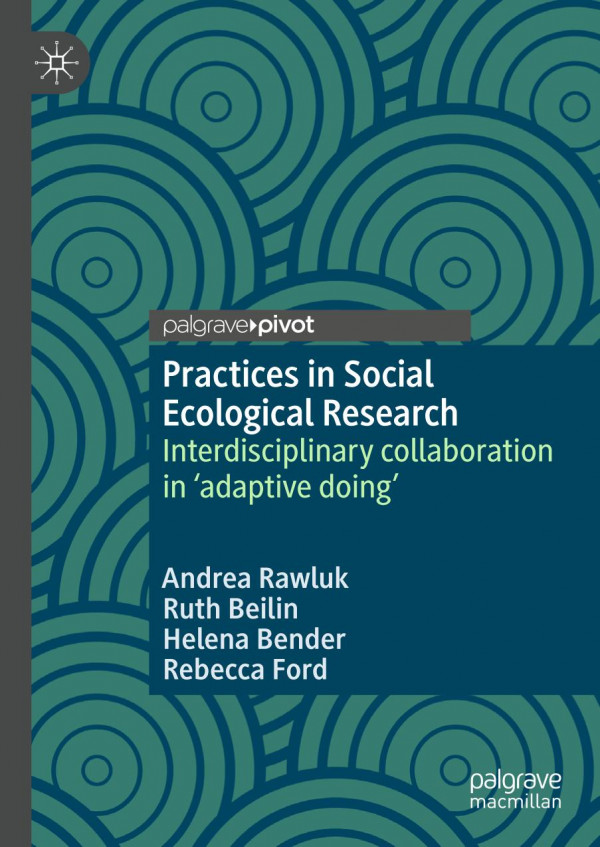

Most ebook files are in PDF format, so you can easily read them using various software such as Foxit Reader or directly on the Google Chrome browser.
Some ebook files are released by publishers in other formats such as .awz, .mobi, .epub, .fb2, etc. You may need to install specific software to read these formats on mobile/PC, such as Calibre.
Please read the tutorial at this link: https://ebookbell.com/faq
We offer FREE conversion to the popular formats you request; however, this may take some time. Therefore, right after payment, please email us, and we will try to provide the service as quickly as possible.
For some exceptional file formats or broken links (if any), please refrain from opening any disputes. Instead, email us first, and we will try to assist within a maximum of 6 hours.
EbookBell Team

0.0
0 reviewsAimed at those at the forefront of social ecological thinking, this book presents a practice-oriented process to navigate the complex, interdisciplinary challenges of our time. The book brings together insights from the social sciences and beyond to introduce readers to ‘adaptive doing’ - a continuous and iterative process of experiential learning that provides an accessible structure and process for integrating a range of knowledge and practices. As part of the ‘adaptive doing’ learning cycle, the authors argue for a common platform, symbolically called ‘the agora’, where multiple ways of understanding can be discussed. In this space, participants can work from practice and narratives, toward meaning, knowledge formation and practice change.
The book demonstrates three reframing tools for social ecological practice that provide readers with multiple ways of holistically entering the social ecological domain and expanding their perspectives with a view to changing practice. ‘Adaptive doing’ is presented as a catalyst for a new generation of social ecological research, in which participants honour their disciplinary foundations while being ready to collaborate within each new system, and each new engagement: being able to act now, for social ecological recognition and change.